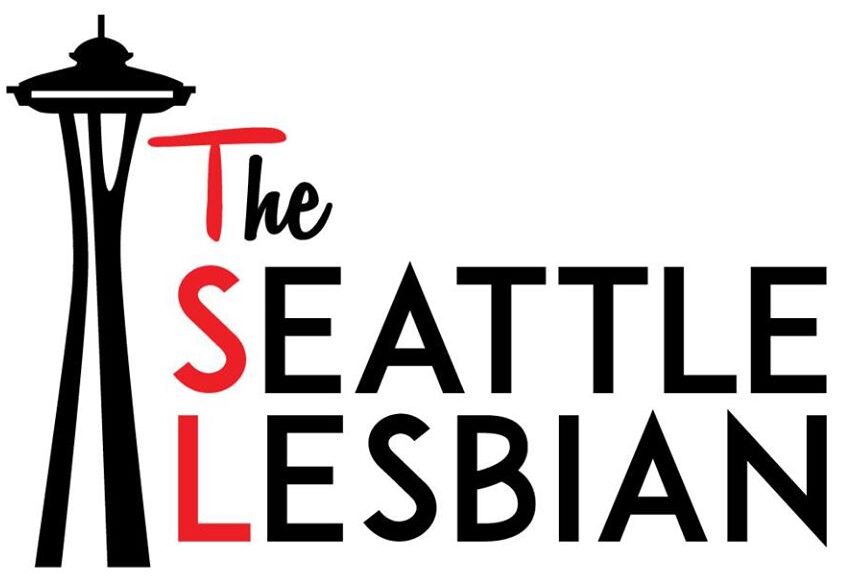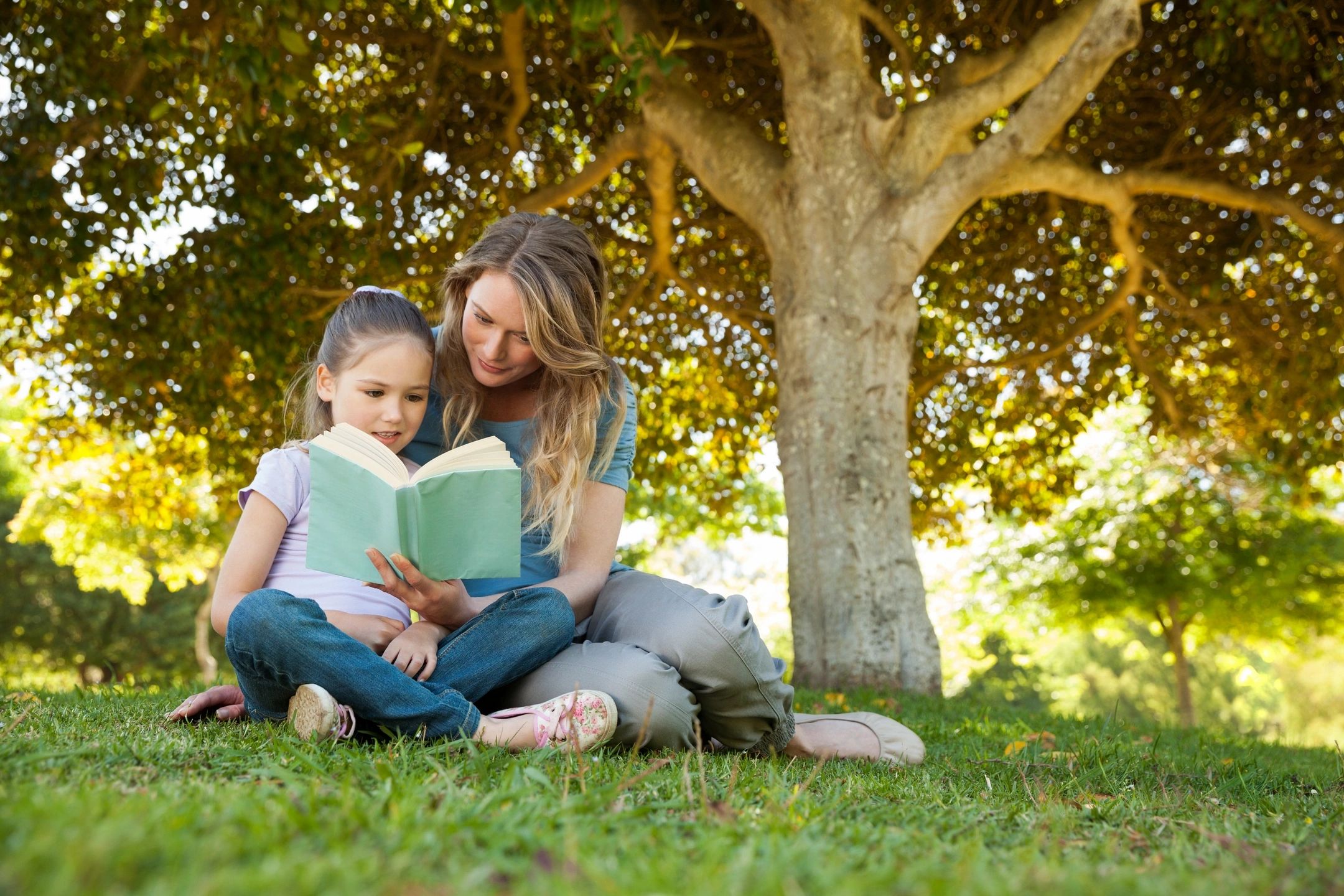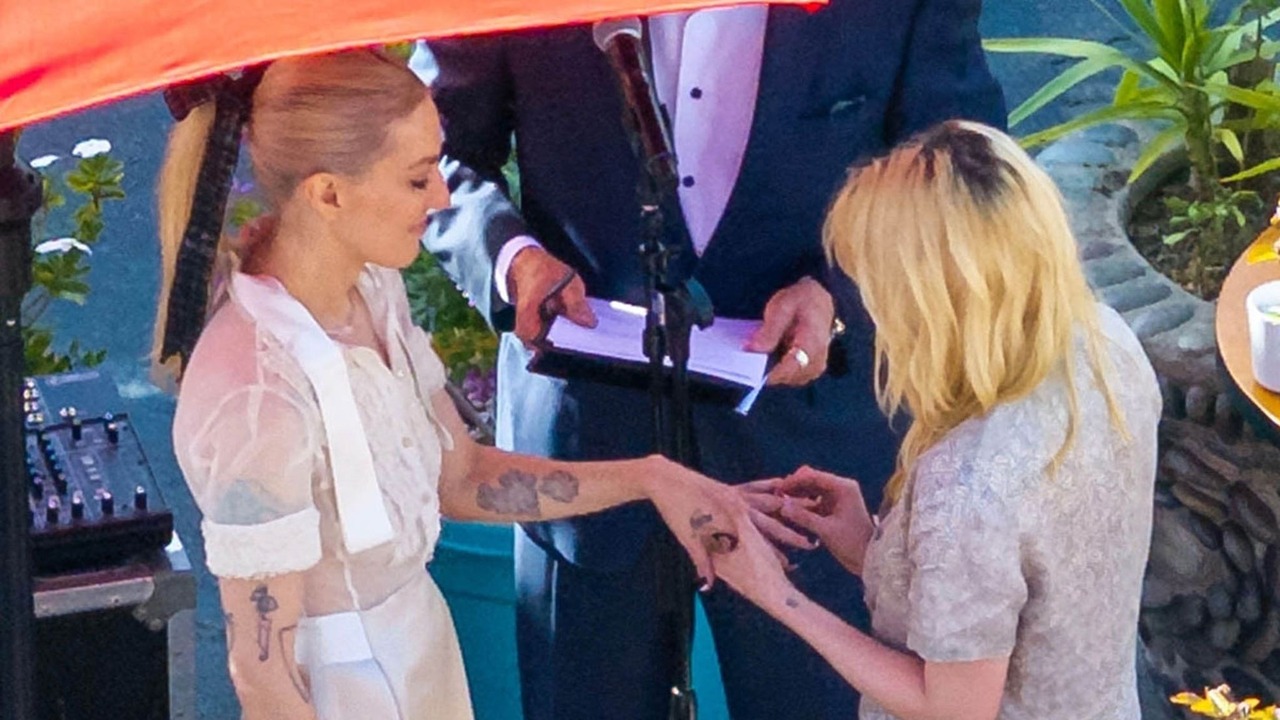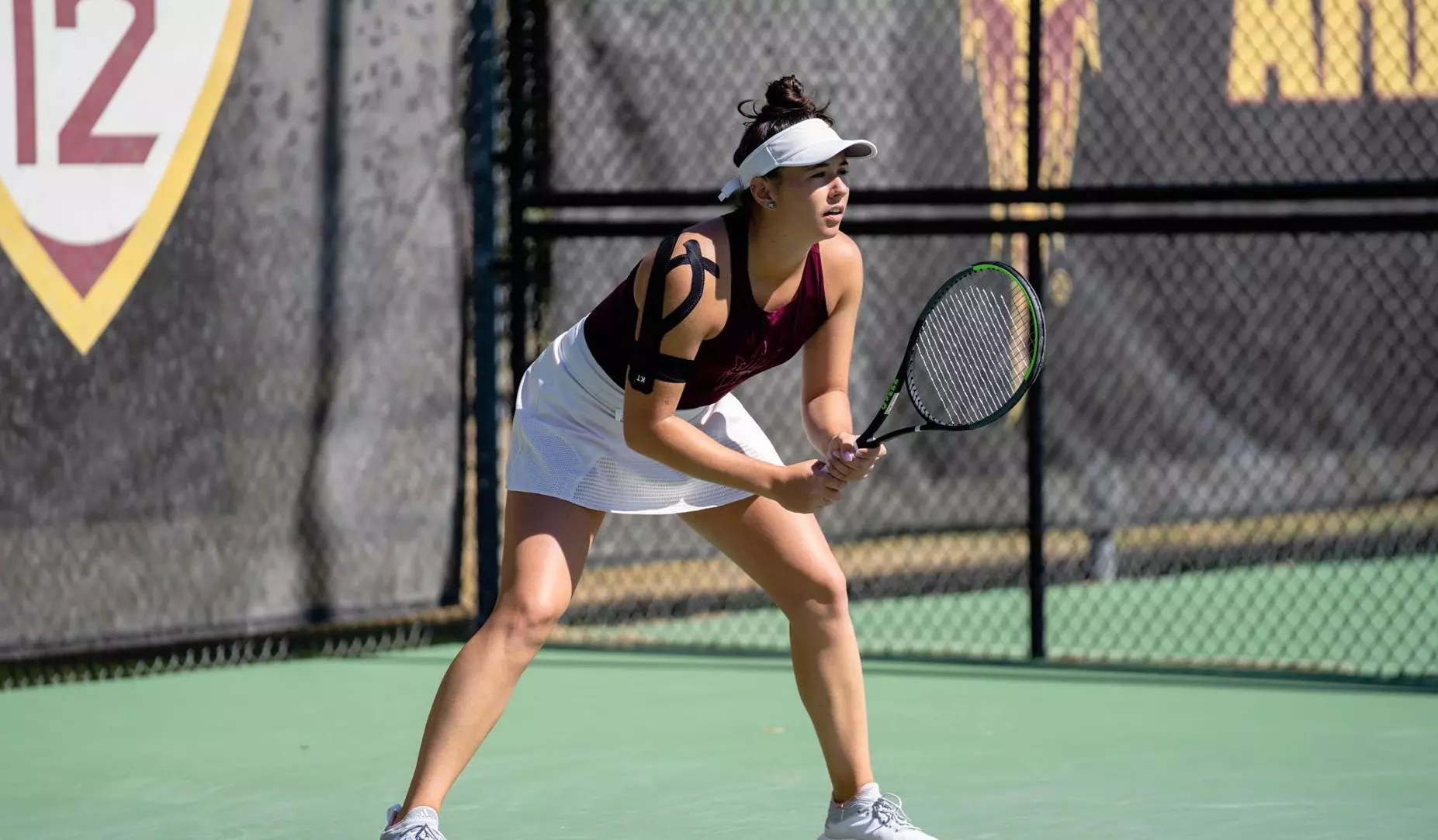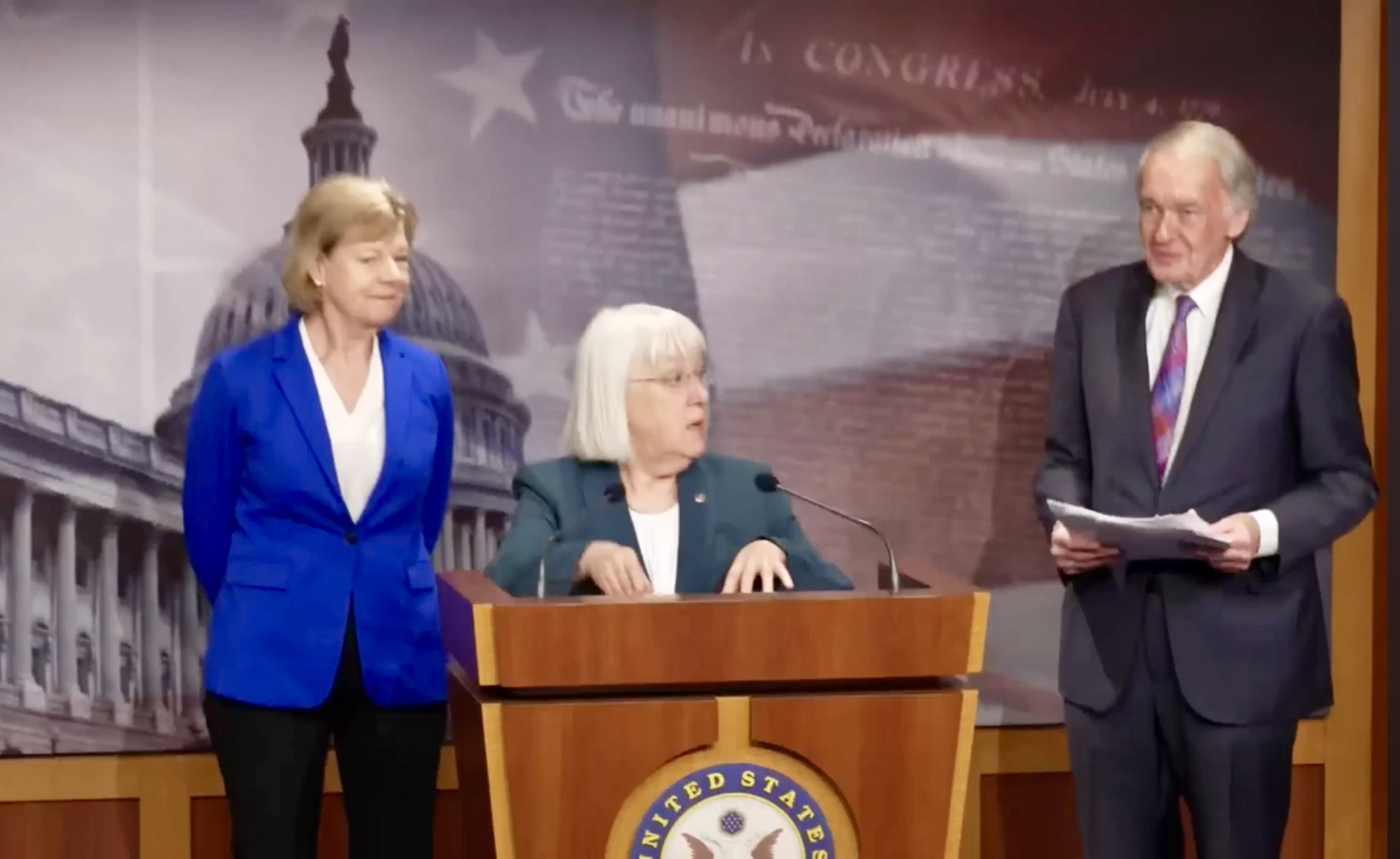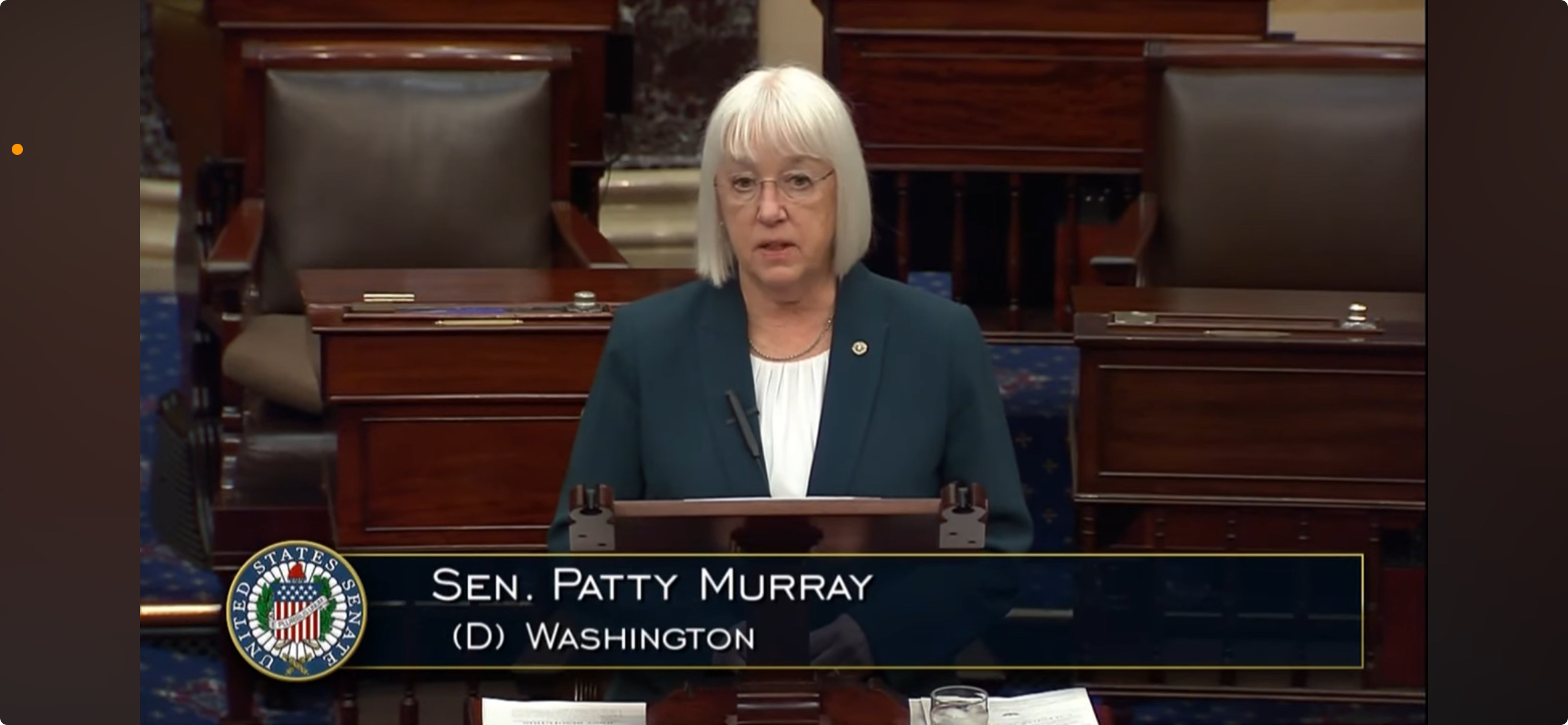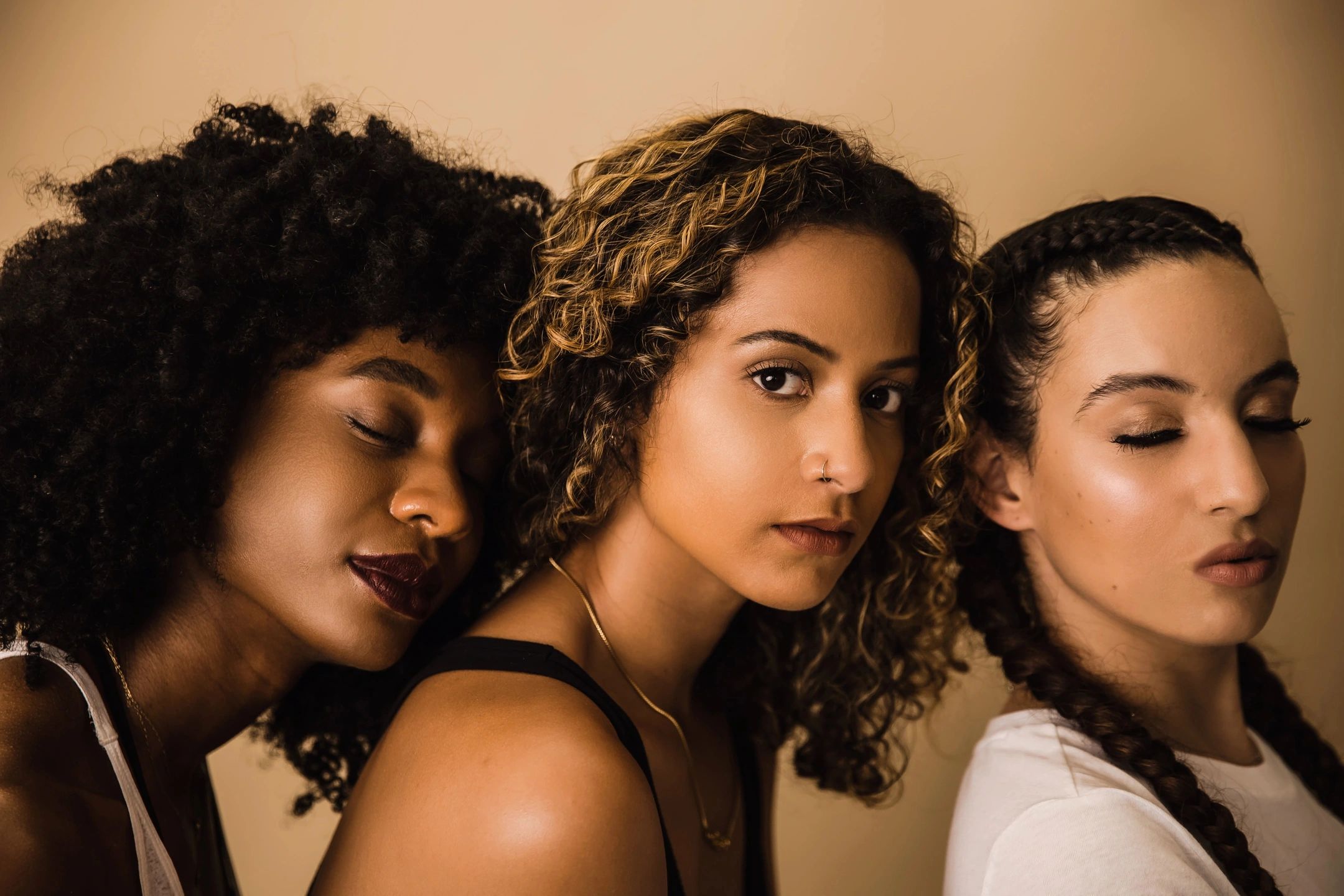
The Center for Black Equity (CBE) and Community Marketing & Insights (CMI) have released the Black LGBTQ Community Survey results, in recognition of Black History Month.
Research Methodology Overview
- 1,815 Black LGBTQ adults in the United States completed a 15-minute online survey between September 21 and October 30, 2020
- 46% of participants came from the CMI LGBTQ research panel and 54% from outreach by over 60 Black LGBTQ media, influencers and organizations across the USA
- 56% of all Black LGBTQ participants reported being “fully out,” with the remaining 44% being at different stages of being “out”
- 67% of the participants live in urban areas, 18% suburbs, 9% small cities, and 6% small towns or rural areas
- Results are representative of “out” Black LGBTQ adults in the United States who may be reached through LGBTQ media, organizations and events
Observations, Perspectives and Commentary by Study Partners
Community Marketing & Insights (CMI) and the Center for Black Equity (CBE) partnered on an initial study of the Black LGBTQ community in 2014. Both organizations felt it was time to update and expand the research.
Earl D. Fowlkes, Jr., President/CEO of the Center for Black Equity said, “The Center for Black Equity initiated the new research in order to better understand the hopes and needs of the Black LGBTQ Community for the upcoming years. This survey is an important first step, so data can help inform progress in developing solutions to health, economic, and social issues impacting communities of color.”
CMI is an LGBTQ-Owned and -Operated research company, founded in 1992 and is an NGLCC-Certified LGBT-Owned Business Enterprise. The company operates a large LGBTQ research panel, and helped organize research partners as well as sixty Black LGBTQ Prides, media, organizations and influencers who recruited participants for the study.
Study partners included AARP, Freddie Mac, HRC Foundation, and Wilson Media Group, Inc.
“Data is a powerful tool for advocacy, and this data will help drive our advocacy focused on Black LGBTQ people,” said HRC President Alphonso David. “Anyone who pursues justice knows that it is not enough to say ‘Black Lives Matter.’ We must learn more about the Black lives that we often speak of in slogans, and use that information to address long-standing inequities with well-informed creative solutions.”
“AARP supports and promotes these timely insights from the Black LGBTQ Community Survey in our continued effort to drive awareness of the challenges of aging among this population,” said Nii-Quartelai Quartey, Ed.D., AARP Senior Advisor & National LGBTQ Liaison. “This survey illuminates how we can better serve the unique health care, employment, and housing needs of Black LGBTQ older adults in our growing effort to address the widening disparities among Black older adults more broadly.”
Further, Tom Wilson, CEO of Wilson Media Group, Inc noted, “The Black LGBTQ community has many specific health concerns but is also a microcosm that highlights the challenges facing the entire Black community. Understanding these nuances and influences is so important, especially for professionals and not-for-profits who are crucial to providing healthcare services to the entire Black community.”
Black LGBTQ Community Survey 2020-2021 Results: An Overview of Key Findings
Cannot Be Their Full LGBTQ Selves: 92% of survey participants feel pride in being an LGBTQ person. However, while Black LGBTQ participants feel pride in being an LGBTQ person, many cannot fully be themselves at work, school, or in their neighborhood. Only 49% definitely agree that they can be themselves at school and work, and 47% definitely agree they can be themselves in their neighborhood. Overall, cisgender Black lesbian women appear to experience greater acceptance than gay men and bisexual participants. Transgender and non-binary participants report the least acceptance in the workplace, school, and their neighborhoods.
Support by Their Local Cities and Towns: 70% of all participants said that their city or town was supportive of its local LGBTQ community. Fewer (55%) indicated that their city or town was supportive of its local Black community. And even fewer (42%) indicated support for the local Black LGBTQ community. Participants often find that they experience more community discrimination due to their race/ethnicity than being part of the LGBTQ community. Further, the combination of being Black and LGBTQ offers even lower levels of community support.
Being Out in Their Family: 78% of participants felt at least somewhat accepted by their parents as an LGBTQ person. However, only 42% felt entirely accepted by their parents. There is a much higher level of acceptance among siblings (59% fully accepted). For participants who identify as transgender or non-binary, there is much less acceptance among family members. For example, parents were fully accepting of 45% of the cisgender survey participants vs. only 25% of the transgender and non-binary participants.
The Black LGBTQ Community Values Education: Black LGBTQ community survey participants value education: 48% of participants have a bachelor’s degree or greater. Importantly, 84% of participants pursued education after high school, either through graduating from college, currently in school, obtaining an associate’s degree, starting college but not graduating, or obtaining vocational training. Cisgender lesbians had the highest education levels, especially earning a master’s degree. Transgender and non-binary participants were least likely to have a four-year degree. However, there was a clear trend for transgender and non-binary participants to have started post-high-school education, but not yet receiving a four-year degree. This may indicate that more fiscal, emotional, and practical support is needed to ensure educational goal completion.
Household Debt and Student Loans: 11% of all Black LGBTQ participants reported having no debt. Unpaid credit card debt is the most common form of debt. Of note is the substantial percentage of participants, especially Millennials, with student loans (44% of all participants and 64% of Millennials). The findings suggest that participants, especially younger Black LGBTQ adults, may be overburdened with student loan debt.
Changes in Household Finances: Black LGBTQ participants’ evaluation of their financial situation was mixed. Much like in the broader economy, COVID-19 has had very different economic impacts depending on the survey participant. 32% of the study participants said that they are doing better than last year, 41% about the same, and 27% worse. There is fiscal optimism that 2021 can only get better (61% said next year would be better). Black LGBTQ participants with a four-year college degree or higher were more likely to report doing better than those without (36% vs. 28%). Transgender and non-binary participants were the least likely to report doing better (24% vs. 33% for cisgender participants).
Relationship Status: More study participants describe their relationship status as single than living with a partner or married. This has important implications because relationship status influences many aspects of daily life, including purchasing patterns. Black cisgender lesbian and bi+ women are more likely to be married or in a relationship than the cisgender gay and bi+ men or transgender and non-binary participants. 40% of the cisgender women report being married or living with a partner, compared to 30% of cisgender men, and 31% of transgender and non-binary participants.
Many Different Family Structures and Living Situations: While most of the study participants are single, only 40% indicated living alone. Most participants live with their partners, their children, parents, other family members, friends, or roommates. Of note—because older people often have more significant social isolation concerns—was that nearly half (49%) of the Baby Boomers lived alone.
Discrimination: Black LGBTQ community members face many forms of discrimination (racial, sexual orientation, gender, gender identity, and age discrimination). 76% of Black LGBTQ participants indicated at least one form of discrimination experienced in the past three years. Discrimination during consumer interactions and workplace discrimination were the most common. Just under half of the participants (47%) reported racial discrimination or prejudice from within the LGBTQ community during the past three years. The most common was during dating or in bars and nightclubs serving the community.
High Levels of Discrimination for Transgender and Non-Binary Community Members: Black transgender and non-binary participants report the highest levels of racial, gender, and gender identity discrimination across all related questions in the survey.
Political Views: The vast majority of the Black LGBTQ study participants trend liberal (54% liberal and 31% moderate to liberal). However, 43% would describe themselves with some moderate leaning (moderate to liberal, moderate, or moderate to conservative). Only 3% consider themselves conservative. The vast majority of the Black LGBTQ study participants are politically active. The survey was conducted the month before the November 2020 U.S. General Election, resulting in increased political activity. 87% indicated they are registered to vote, and 84% said that they would vote in the November election. Fewer, 60% said they voted in the primary election.
Voter Concerns: Participants were asked to prioritize their concerns when considering voting for one political candidate over another. Overall, discrimination and police violence were the most pressing voter issues, followed by healthcare (including COVID-19). Economic concerns, local crime, foreign policy, and cybersecurity were the least pressing issues.
Black Lives Matter Protests and Engagement: 75% of all Black LGBTQ study participants were involved in some type of Black Lives Matter protest or engagement. In general, younger community members were more engaged in activities, especially marches and protests.
LGBTQ Parents: A large number of Black LGBTQ adults in the United States are parents and grandparents: 28% of all participants indicated being a parent of a child of any age. The concentration of LGBTQ parents of children under age 18 is greater among lesbian and bi+ women (14%). Also, there is a large percentage of Black transgender and non-binary parents of children under age 18 (13%). About a quarter of Baby Boomers (23%) report having grandchildren. When asked about becoming parents in the future, 54% of Black LGBTQ Millennials would like to become parents sometime in the future.
Own or Rent a Home: A third (33%) of the Black LGBTQ participants own the home in which they live. This percentage is much lower than the 65% of all Americans who own their home, or the 42% of all Black Americans who own their home. Research from CMI and Freddie Mac in 2018 demonstrated that LGBTQ community members in the United States are less likely to own a home than the general population (49% of all LGBTQ people).
Reduced homeownership rates for Black LGBTQ community members is the result of many factors: Income, employment, and racial discrimination contribute, along with the fact that Black LGBTQ people are more likely to live in big cities where homeownership is less common. Also, LGBTQ people are less likely to be married or have children, which are key drivers of homeownership. Over half of Black LGBTQ participants (55%) fear racial discrimination in the home buying process. There are also fears of discrimination due to sexual orientation, gender identity, age, and disability.
Experiencing Homelessness: Online surveys are unlikely to attract community members currently experiencing homelessness. What is concerning is the very high percentage of Black LGBTQ community members in this survey (31%) who had experienced homelessness at some point in their lives, especially among transgender and non-binary participants (44%). Other studies have examined the large percentage of homeless youth who identify as LGBTQ. This data appears to confirm that LGBTQ people have far too much personal experience with homelessness at some point in their life.
Health Concerns: The survey asked a broad question about 18 potential health concerns. Health concerns are gender and age-specific. What was striking about the results was the high level of mental health concern, especially among younger participants and transgender and non-binary participants. Physical and/or mental health effects resulting from racial discrimination was also a consistent concern for all demographic groups. Preventing or treating HIV/AIDS was a major concern for all the men in the survey. Getting to a healthy body weight was a concern across many demographic groups, especially for women in the survey. For transgender participants, getting gender confirmation surgery and starting, maintaining, or access to gender confirmation hormones were important health concerns.
Health Insurance Coverage: Results show that many Black LGBTQ community members do not have health care coverage (11% of all participants), and especially for participants under age 35 (20%).
COVID-19: COVID-19 was a health concern for all, but especially participants over age 55. COVID-19 has impacted all of us. The most common COVID-19 negative impacts for participants were social isolation (60%) and mental health (44%). A quarter (25%) of the participants report the death of a friend or family member, and that percentage increases to 31% for Baby Boomers.
Religion and Spiritual Beliefs: The majority of Black LGBTQ participants consider themselves spiritual (88%), but fewer than half consider themselves religious (35%). Most grew up in a religious family (76%). The survey asked the participants who grew up in a religious family if their childhood religious group would accept them as an LGBTQ person, and only 17% said yes. Thirty percent said they currently attend religious or worship services (16% Millennials vs. 40% Baby Boomers), and of those, only 56% are fully out to their religious community.
Some Disconnect with LGBTQ Organizations: When participants were asked if they feel connected to LGBTQ social or political organizations, only 29% definitely agreed and 36% somewhat agreed. These percentages point to a need for all LGBTQ organizations to be more representative and inclusive of the Black LGBTQ community, and to work towards addressing concerns that are specific to the community.
Companies in the U.S. Are Not Reaching the Black LGBTQ Community: 92% of research participants agreed that companies supporting racial equality are more important than ever. In addition, 89% agreed that companies that support LGBTQ equality are more important than ever. However, Black LGBTQ participants also feel that companies are not doing a good job in their efforts to reach their community. Only 4% of research participants felt that companies in the United States do a good job at outreaching to the Black LGBTQ community.
How to Reach the Black LGBTQ Community: Research participants prioritized different ways in which companies can better connect with Black LGBTQ community members in the United States. All the strategies were deemed necessary, but some appear to be more important than others. Genuinely listening and understanding the community ranked as the top initiative, followed by supporting non-discrimination laws and policies, acknowledging past discrimination, and conducting diversity and sensitivity training in the workplace were the highest priorities. Advertising in the Black LGBTQ media and sponsoring Black LGBTQ events were also important strategies to authentically reach the community.
